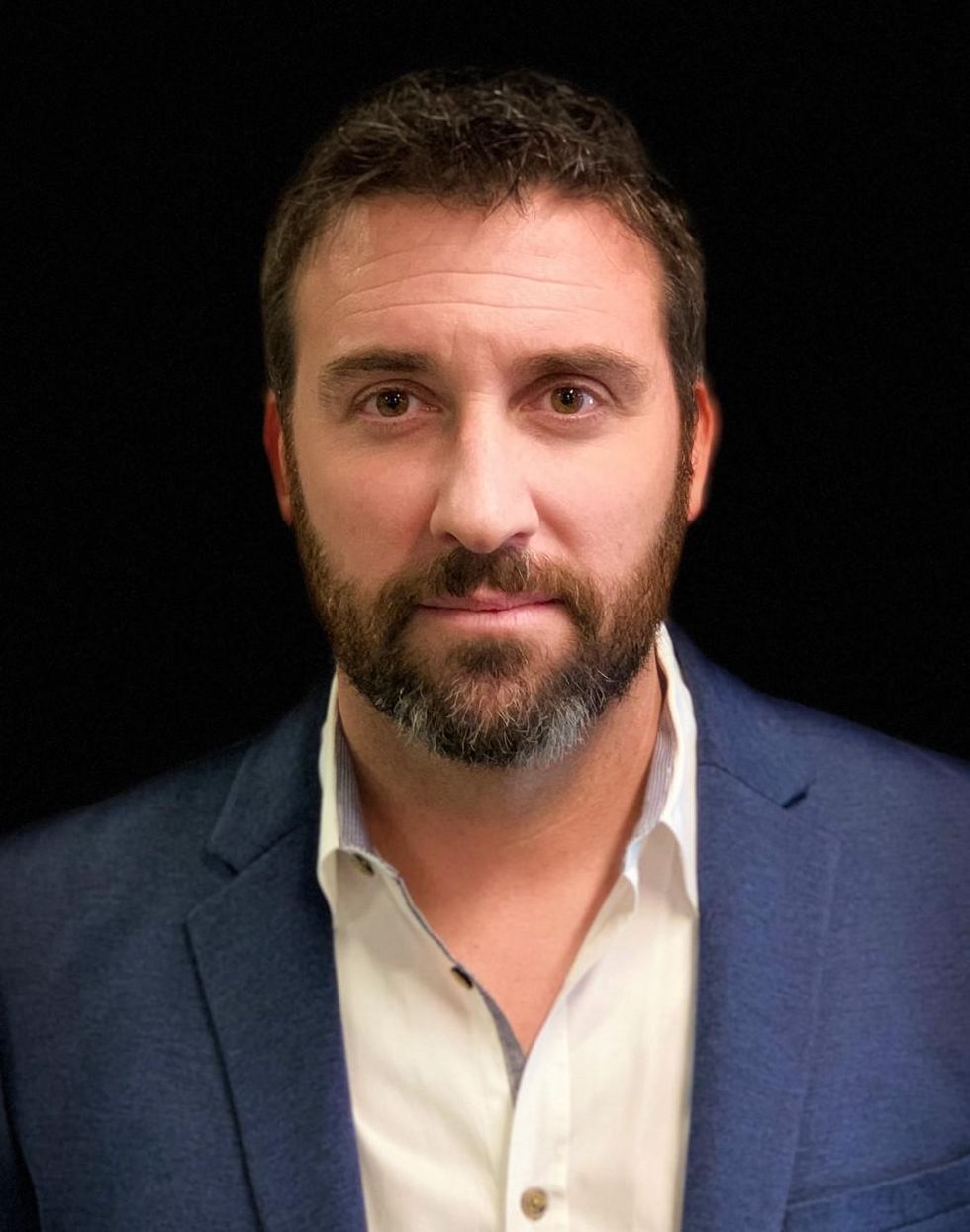A $1.9 Billion Canadian IPO Could Make LA the 'Center of the Cannabis Universe'

Ceres Group Holdings is becoming corporate America's biggest cannabis dealmaker out of its Century City offices.
The venture and private equity firm this week announced that its special purpose acquisition company, or SPAC, would take Atlanta-based cannabis producer Parallel public in a merger that will value the Canadian-listed company at $1.88 billion.
Parallel has about 42 retail stores outside of California, but has big plans for a big expansion into L.A. sometime in the next year or two.
The Parallel deal comes just as Ceres is trying to ink a separate deal to raise $100 million in a private fund to make cannabis investments throughout America, with particular focus on L.A. and California-based companies generally, according to Joe Crouthers, CEO of Ceres and head executive of the SPAC that bought Parallel.
"Parallel realizes that California, especially L.A., is the center of the cannabis universe," Crouthers said. "There's no presence in Southern California, but you will see one in the near future." A spokesperson later called to clarify that there are no immediate plans to enter the market.

Joe Crouthers is the CEO of Ceres and head executive of the SPAC that bought Parallel.
The new private fund is called Ceres Harvest II, and follows a prior fund that raised roughly $35 million to make investments in privately held cannabis companies — including Los Angeles-based pre-roll maker Palms, San Francisco-based edible company Rose Los Angeles, and Culver City-based dispensary MedMen Enterprises Inc. -- before it went public in May 2018.
Crouthers declined to disclose potential targets for the second fund.
The Ceres SPAC, officially known as Ceres Acquisition Corp., began trading last April, joining a wave of publicly traded companies that have moved to Canadian stock exchanges in recent years while they await the easing of U.S. rules on the cannabis sector. "That's the ultimate goal: to move to a U.S. exchange," Crouthers said.
The combined Ceres Acquisition Corp. and Parallel, which expects to generate $450 million in revenue in 2021 and report $100 million in earnings before taxes, will bag $430 million in cash when the deal closes in the next 60 to 90 days, Crouthers said.
Parallel has also received commitments from a group of investors led by Ceres for a $225 million private investment in a public equity – called PIPEs -- transaction when the deal closes.
The PIPE investment was over-subscribed, and attracted more than a dozen investments from athletes and celebrities, Crouthers said in the interview Tuesday.
The company, which also named record industry executive Scott "Scooter" Braun as a special adviser, said it currently has license applications pending in Georgia, New Jersey and Virginia. Braun, who is a co-founder of Ceres, is the talent manager for artists Justin Bieber, Ariana Grande and Kayne West.
Beau Wrigley Jr. who previously led his family's chewing gum business before selling it in 2008 for $23 billion, is Parallel's chairman and CEO.
Sturges Karban, chief executive officer of Irvine-based ManifestSeven Holdings Corp., noted that the Parallel deal is further confirmation of what looks to be an emerging trend of big deals getting done with cannabis-related SPACs – all being traded on Canadian exchanges.
U.S. firms that grow or sell cannabis cannot list their shares on the major U.S. stock exchanges as marijuana remains illegal at the federal level.
He pointed to completion of last month's deal by Jay-Z backed Californian pot producer TPCO Holding Corp. also known as The Parent Company, which is expected to generate $334 million in revenue in 2021.
"It [The Parent Company] kind of lit the fuse on what everybody expects to be a catalyst in California," Karban observed. "It's been inevitable that in a state this big and fragmented, that it would consolidate."
Like Jay-Z's company, Ceres Acquisition Corp. also trades on the Aequitas NEO Exchange Inc., or NEO. ManifestSeven, MedMen and cannabis review site Weedmaps — all based in Irvine — trade on the rival Canadian Stock Exchange, in Vancouver.
Editor's note: This story has been updated to properly reflect the artists Braun represents and clarify Parallel's expansion plan.



 Image Source: Northwood Space
Image Source: Northwood Space

 Image Source: JetZero
Image Source: JetZero